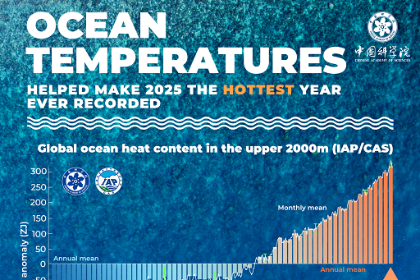Economic growth in Q3 to beat Q2, survey reveals


Macro-economic policies and monetary policies
The respondents felt positive about the macro policy, and expected the monetary policy to kick in.
The report said that 67.11 percent of the respondents deemed the intensity of public financial expenditure in the third quarter was moderate or strong, up 4.11 percent from the previous quarter.
Meanwhile, 47.37 percent of the respondents said the primary goal of domestic fiscal policy should be to ensure the rigid expenditure, including people's livelihood, wages and operation, to guarantee the bottom line of people's life in the next three to six months.
Another 22.37 percent of respondents said the incremental policies should be actively planned in the future.
The fiscal spending expected to maintain rapid growth to promote a package of policies and subsequent measures for stabilizing the economy was projected to accelerate, said Wu Chaoming, deputy director of the Chasing International Economic Institute.
Wu said the follow-up policies would focus on expanding effective demand, and leverage the combined effect of expanding effective investment, strengthening weak links, adjusting structure, stabilizing employment and promoting consumption.
The respondents felt more positive about the monetary policy in the third quarter, with 96.05 percent saying the monetary policy was moderate or loose, an increase of 6.06 percent compared with that in the last quarter.
The monetary policy would remain stable and loose in the fourth quarter, and continue to create a suitable monetary and financial environment for stable growth, said Wen Bin, chief economist at China Minsheng Banking Corp.
The central bank would increase support in important areas, such as carbon emission reduction, clean and efficient utilization of coal, technologies innovation, elderly care and equipment renovation, Wen added.
























